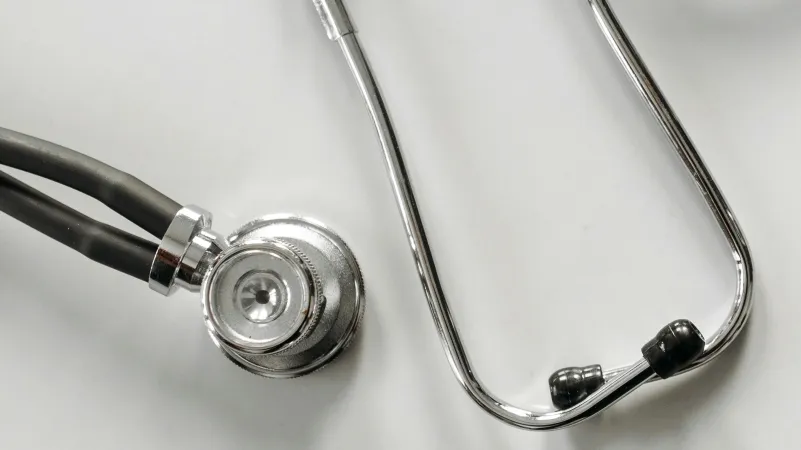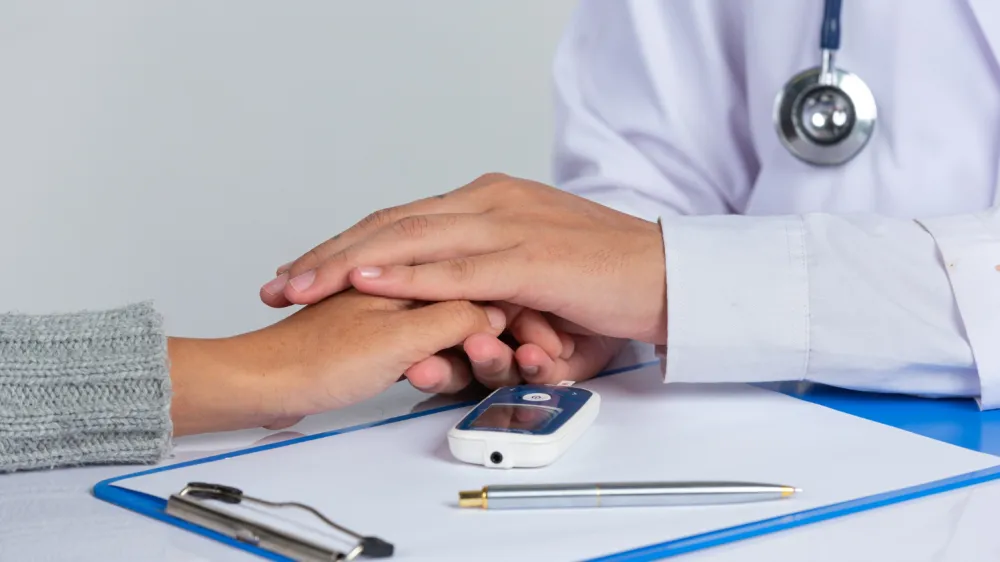
Saudi Arabia’s medical device market poised to grow at 5.4% CAGR until 2028
The expansion is driven by the Kingdom’s Vision 2030 health objectives.
Saudi Arabia’s medical devices market is expected to rise steadily at a compound annual growth rate (CAGR) of 5.4% until 2028 in line with the Kingdom’s Vision 2030 health objectives, according to BMI.
The report revealed that an acceleration in economic growth in the near term, supported by a stabilisation in the oil economy will boost investments in strategic healthcare objectives.
“This will include progress towards expanding healthcare coverage, healthcare system enhancements and improving medical outcomes, which are key aims of the government’s Vision 2030 healthcare objectives,” BMI said.
In line with this, Saudi Arabia’s efforts to develop its healthcare system contribute to the demand for digitally enabled and artificial intelligence (AI) driven medical devices for improved efficiency and quality of healthcare procedures.
Moreover, the demand for advanced medical devices is expected to present opportunities for multinational medical device companies to market their products in the kingdom, further supporting the sector’s growth.
However, Saudi Arabia’s domestic medical device industry remains limited to the production of low-margin products such as syringes, masks, and surgical gloves.
According to the report, the value of medical device imports at $1.8b dwarfed the country’s exports at $27.8m in 2022.
“Due to the minimal domestic base, we expect the market will remain heavily reliant on imported medical devices over the near to medium term, particularly for advanced imaging and digitally enabled products,” BMI added.



















 Advertise
Advertise






